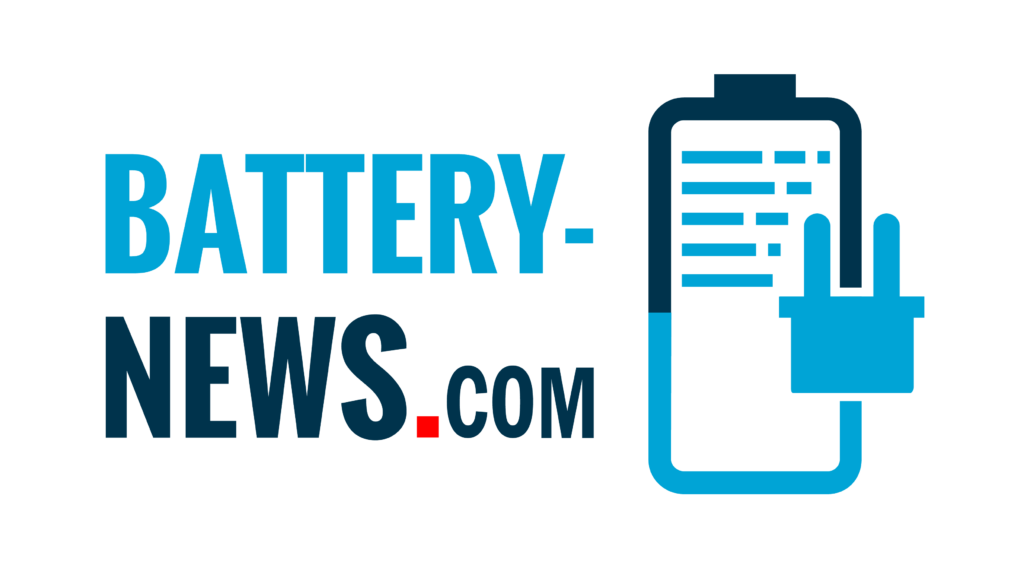The Munich-based battery recycler “tozero” has signed a lease for an existing industrial building in the Gendorf Chemical Park in Burgkirchen, Upper Bavaria. Founded in 2022, the startup plans to open a demonstration plant for recycling lithium-ion batteries there before the end of the year. This plant is intended to serve as the technological basis for commercial operations beginning in 2026. According to the company, its proprietary chemical process enables a higher recovery rate of critical raw materials, such as lithium and graphite, than conventional processes allow. While conventional processes usually only extract metals such as copper or aluminum, tozero claims to recover over 80 percent of the lithium. Additionally, graphite is fully recycled and returned to the supply chain. Processing focuses on so-called “black mass,” the crushed interior of spent batteries. The mechanical breakdown into “black mass” is outsourced to external service providers. With the construction of the demonstration plant in Gendorf, tozero is pursuing a strategy of gradually scaling up its process. According to the company, the location’s existing infrastructure should enable rapid implementation without the need for major construction. Initial investments are in the low single-digit millions and are co-financed by EU funds from the EIC Accelerator program. Source:https://www.tozero.solutions/news/demonstration-plant-in-gendorf










